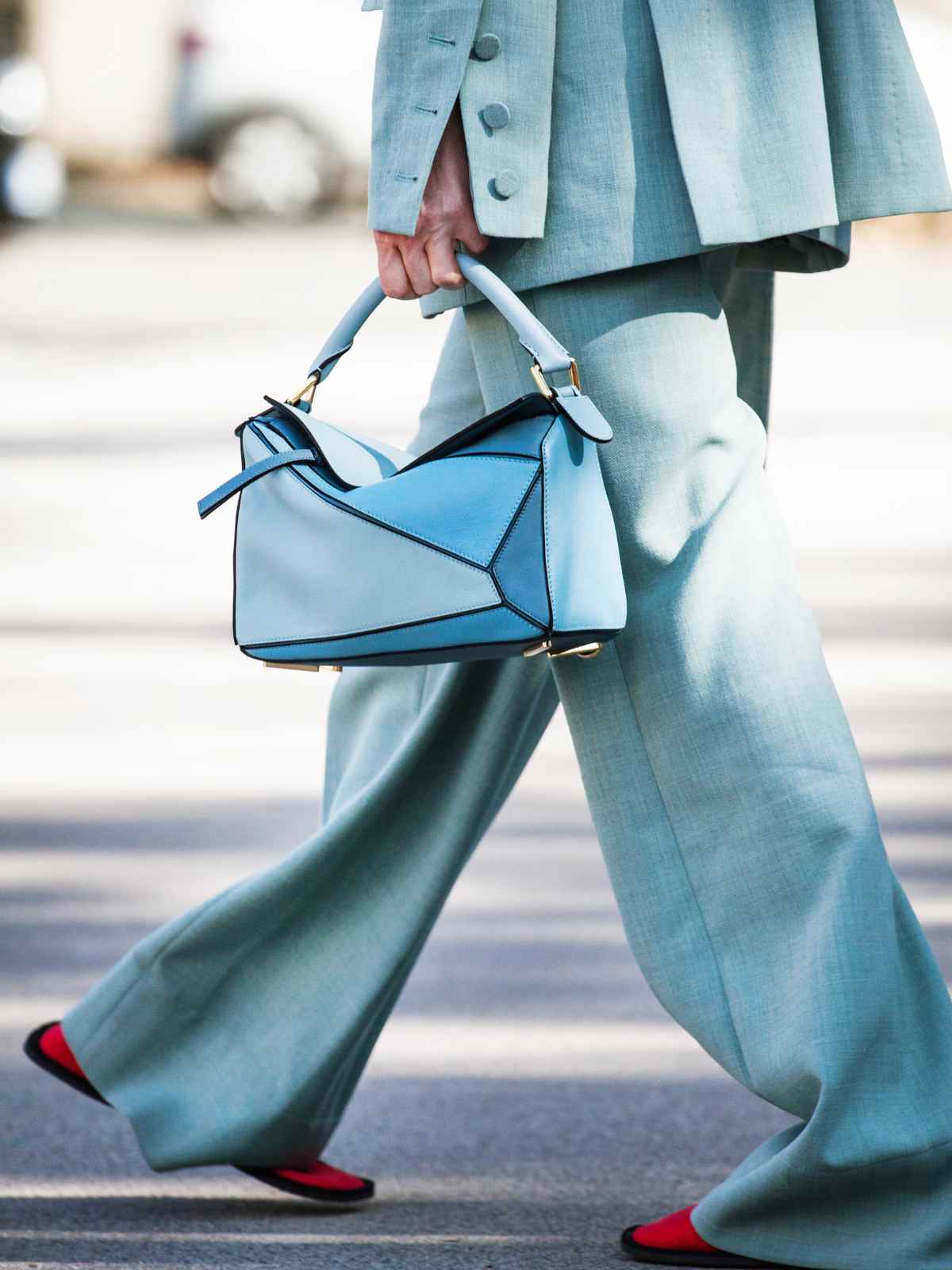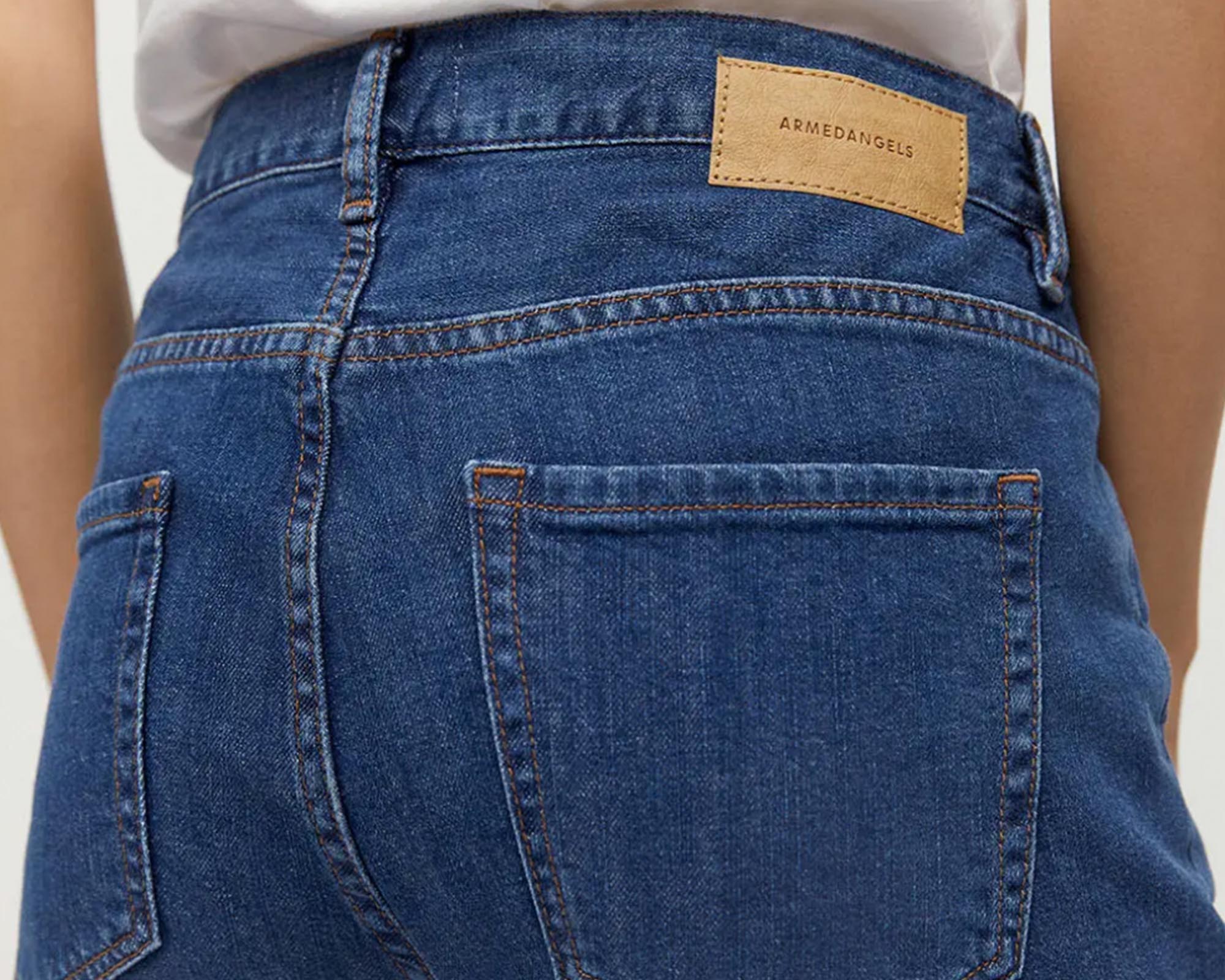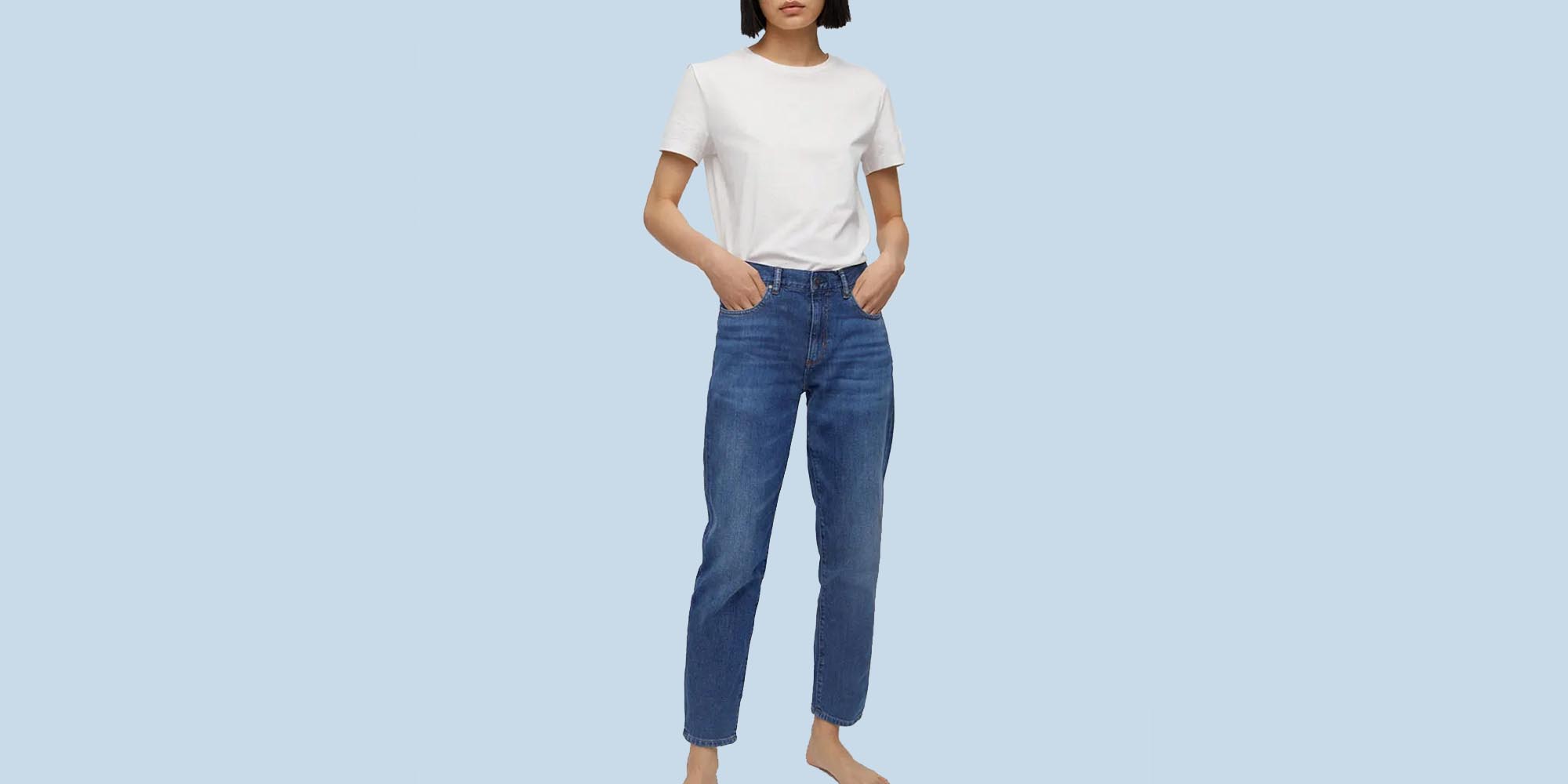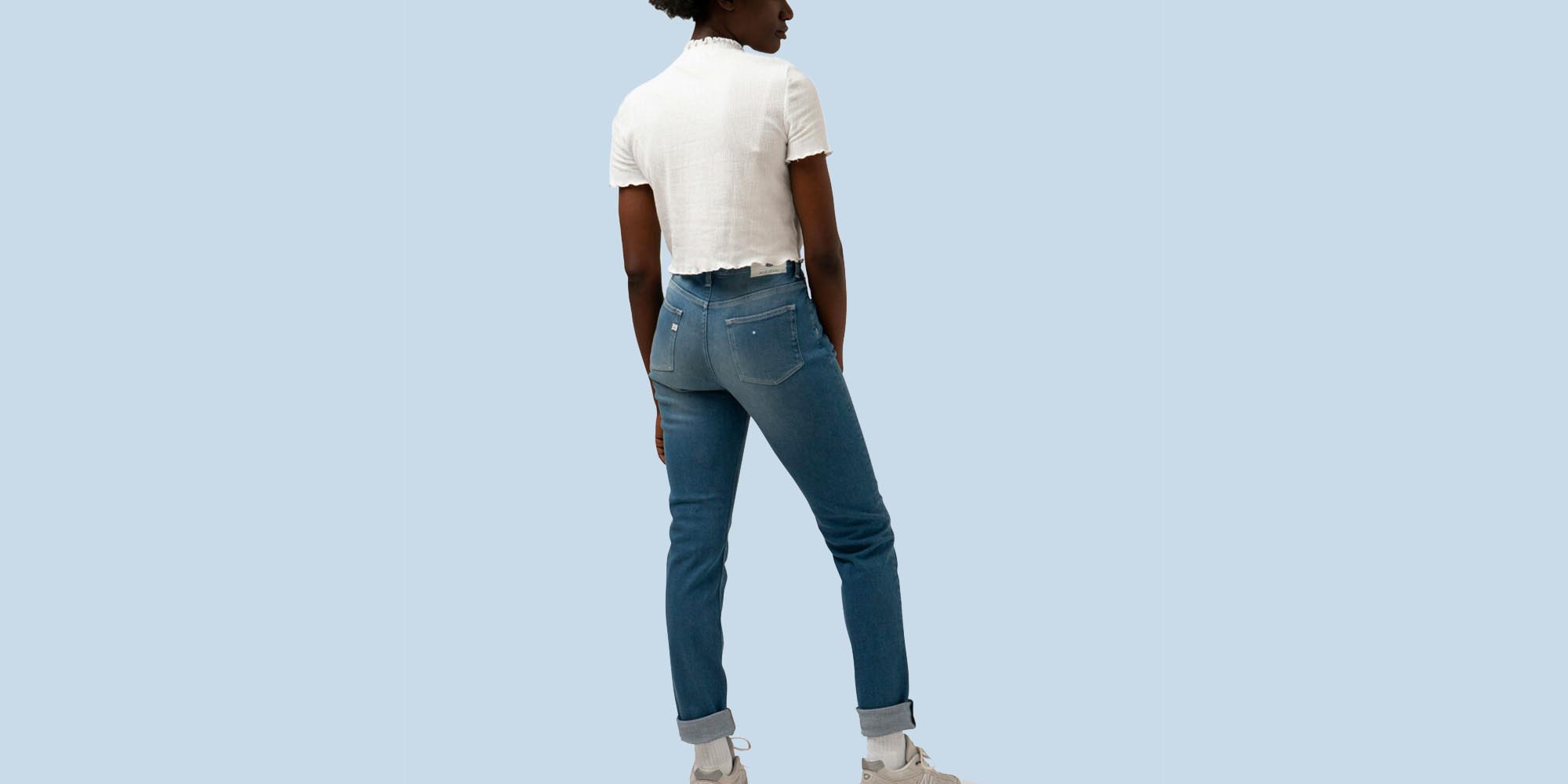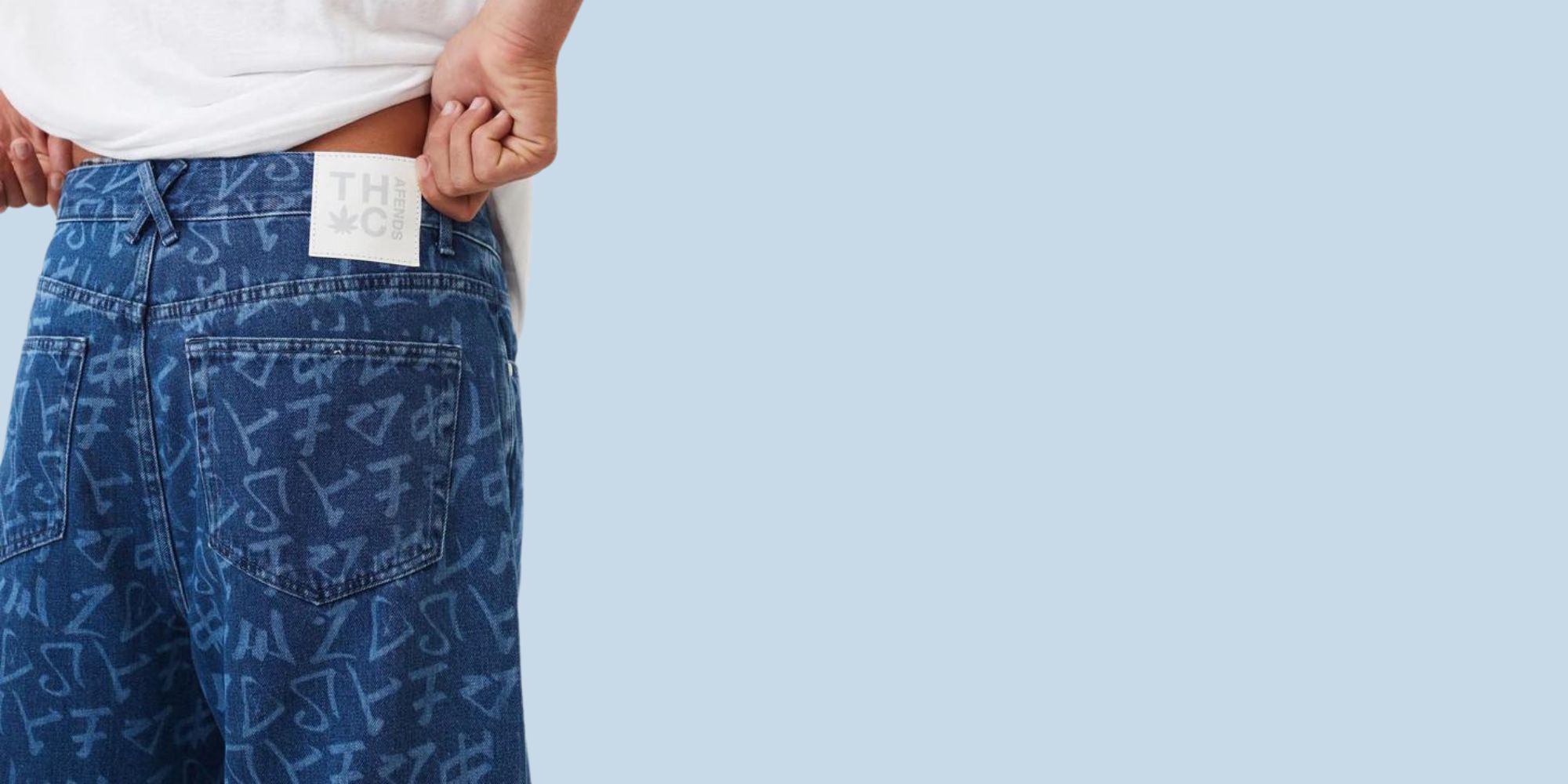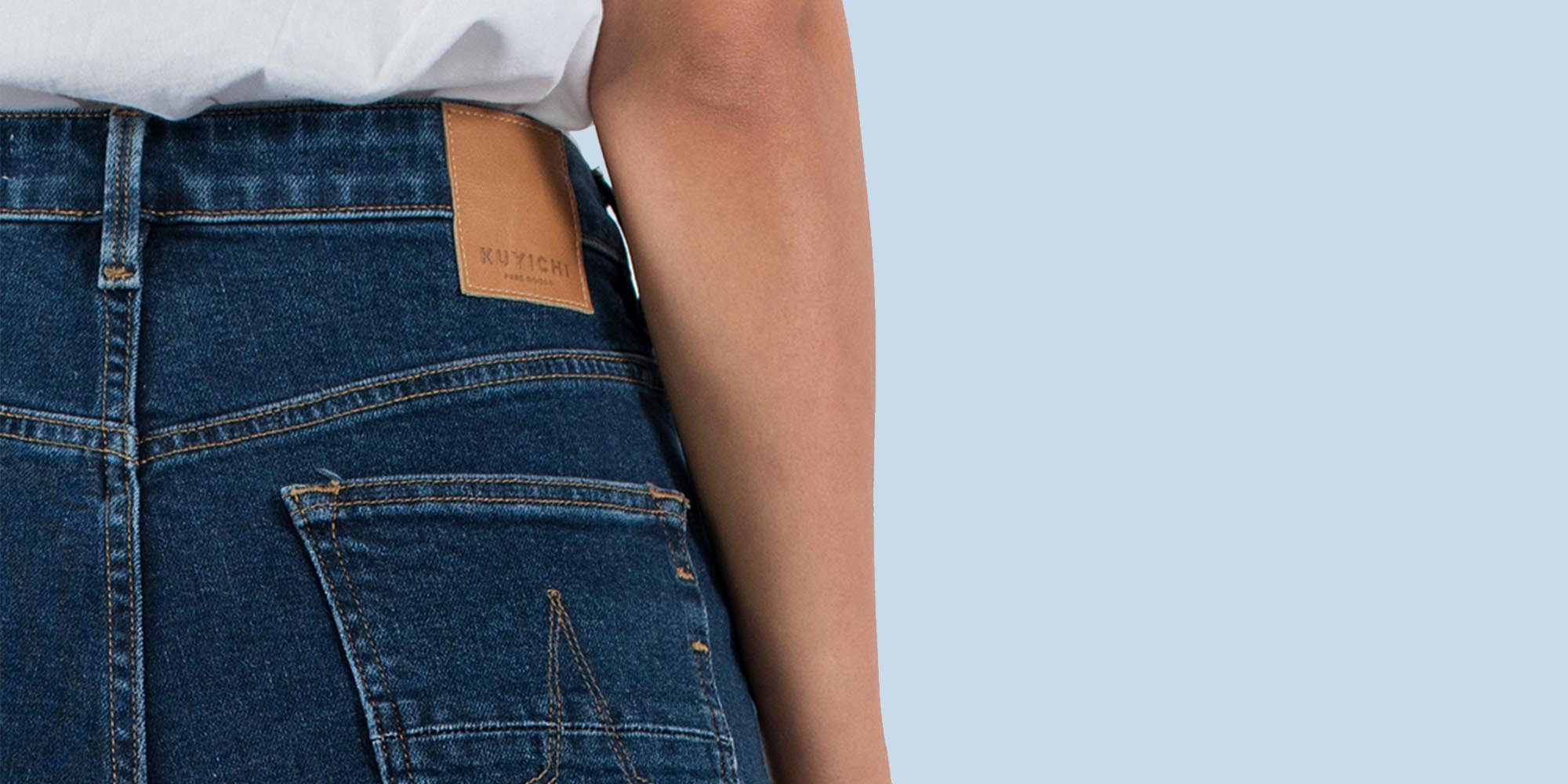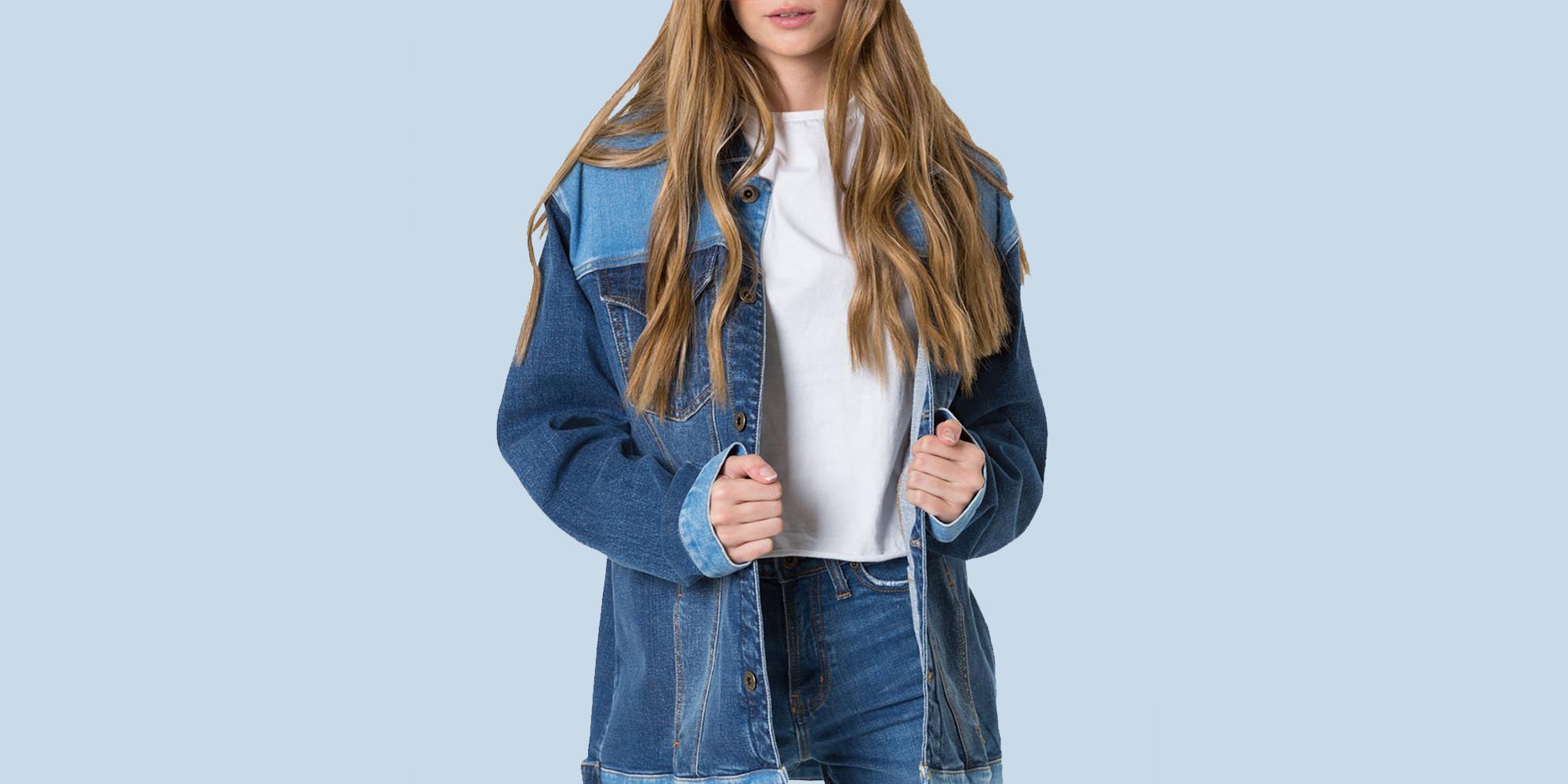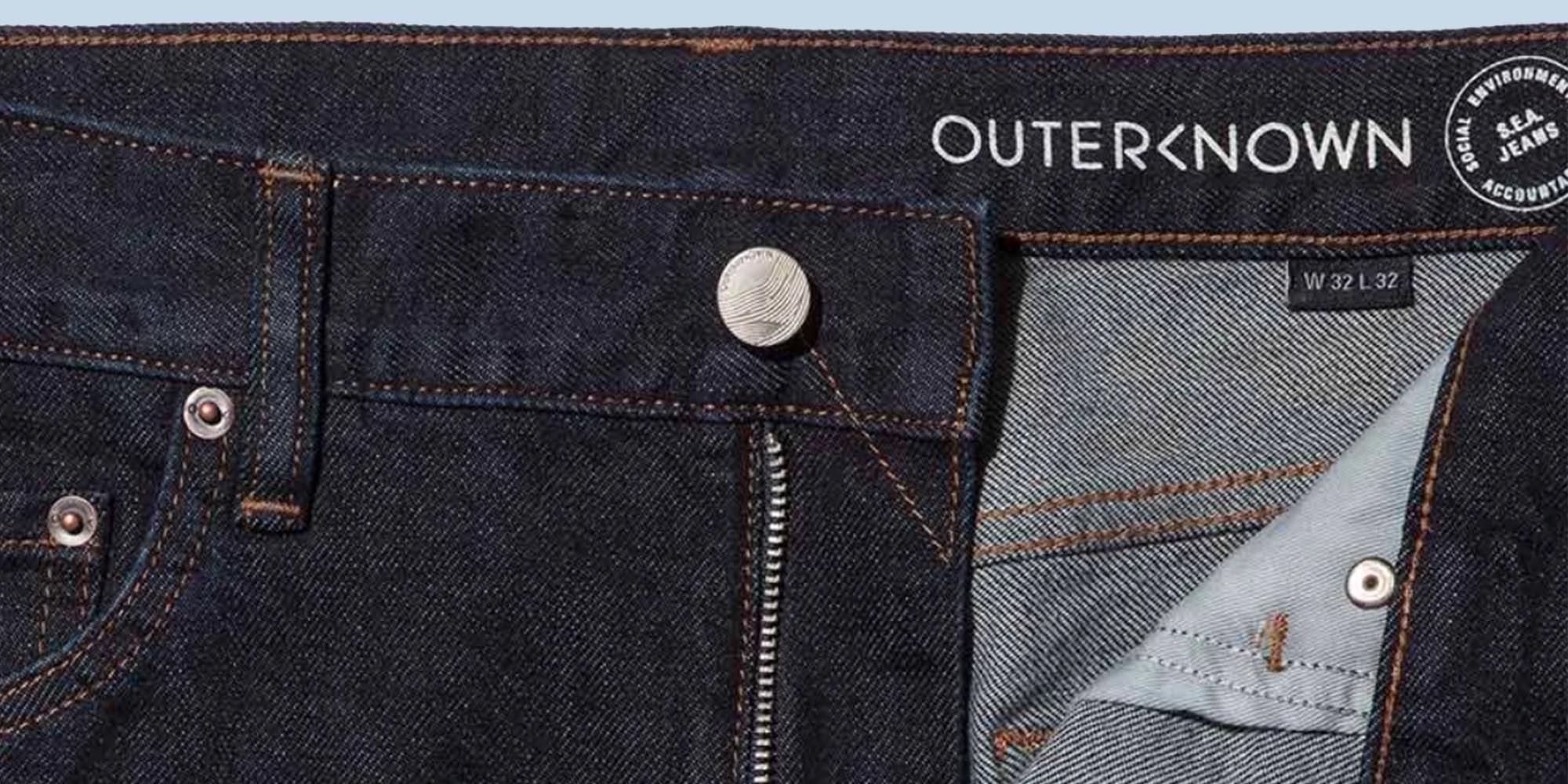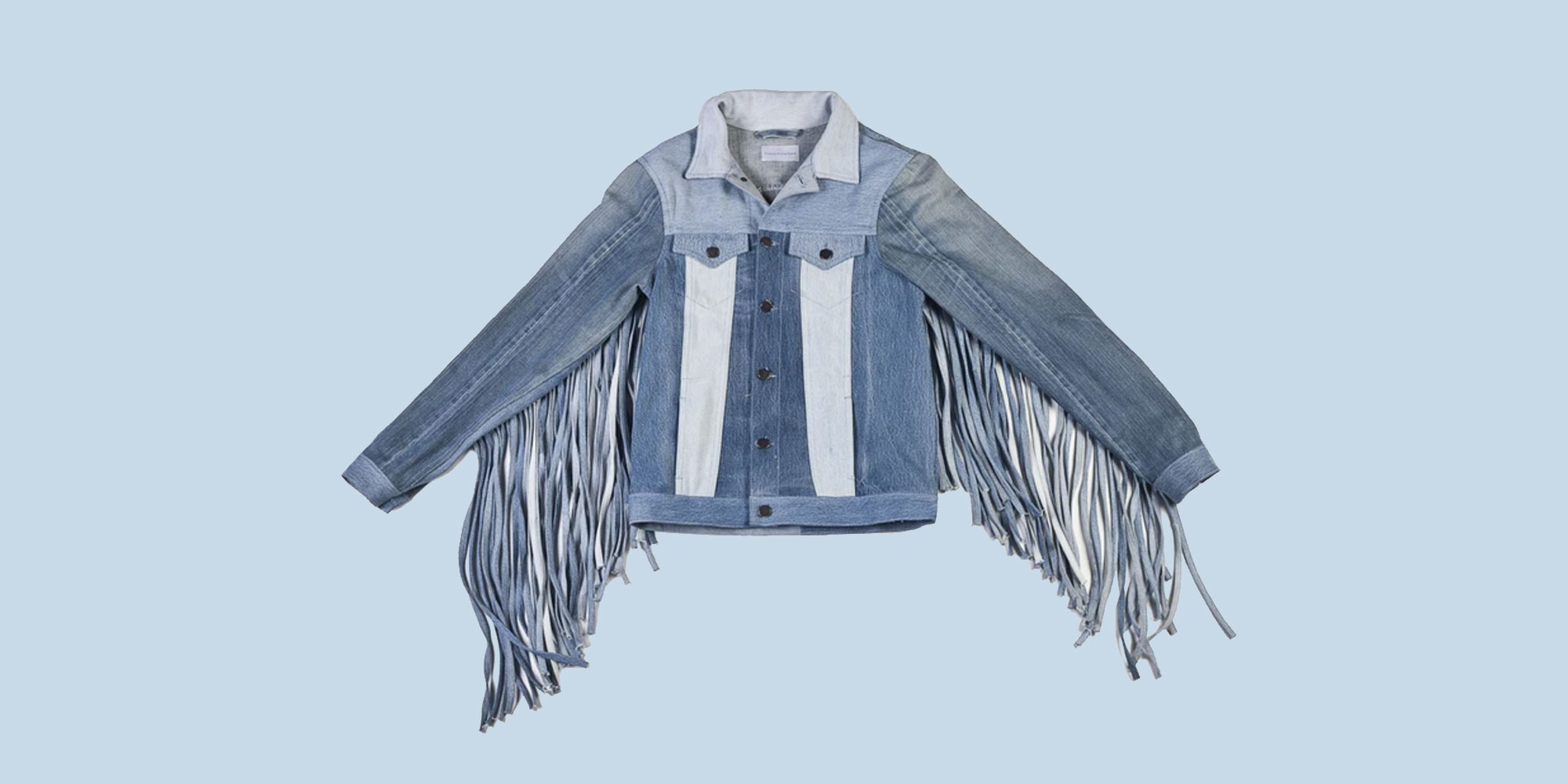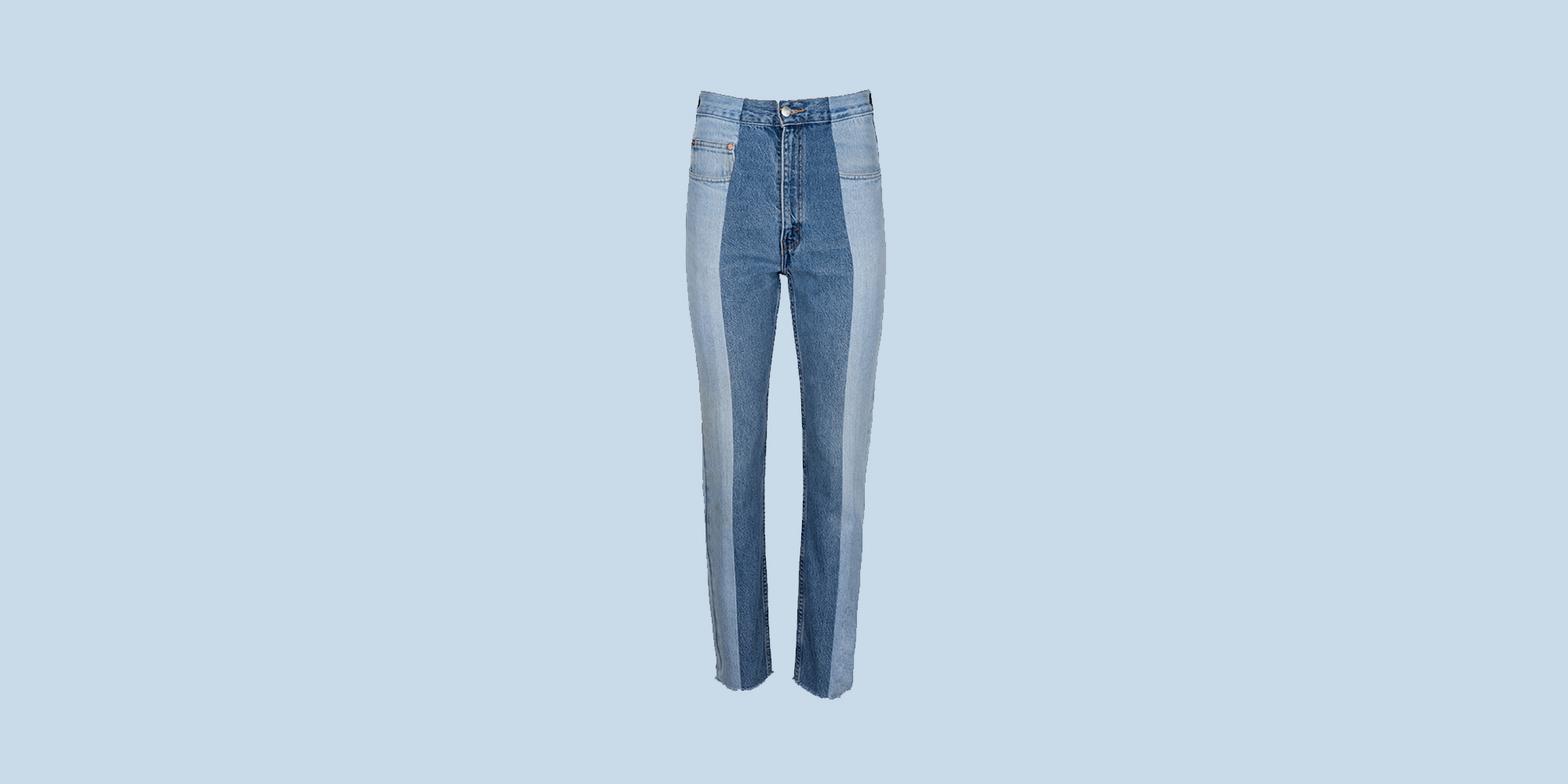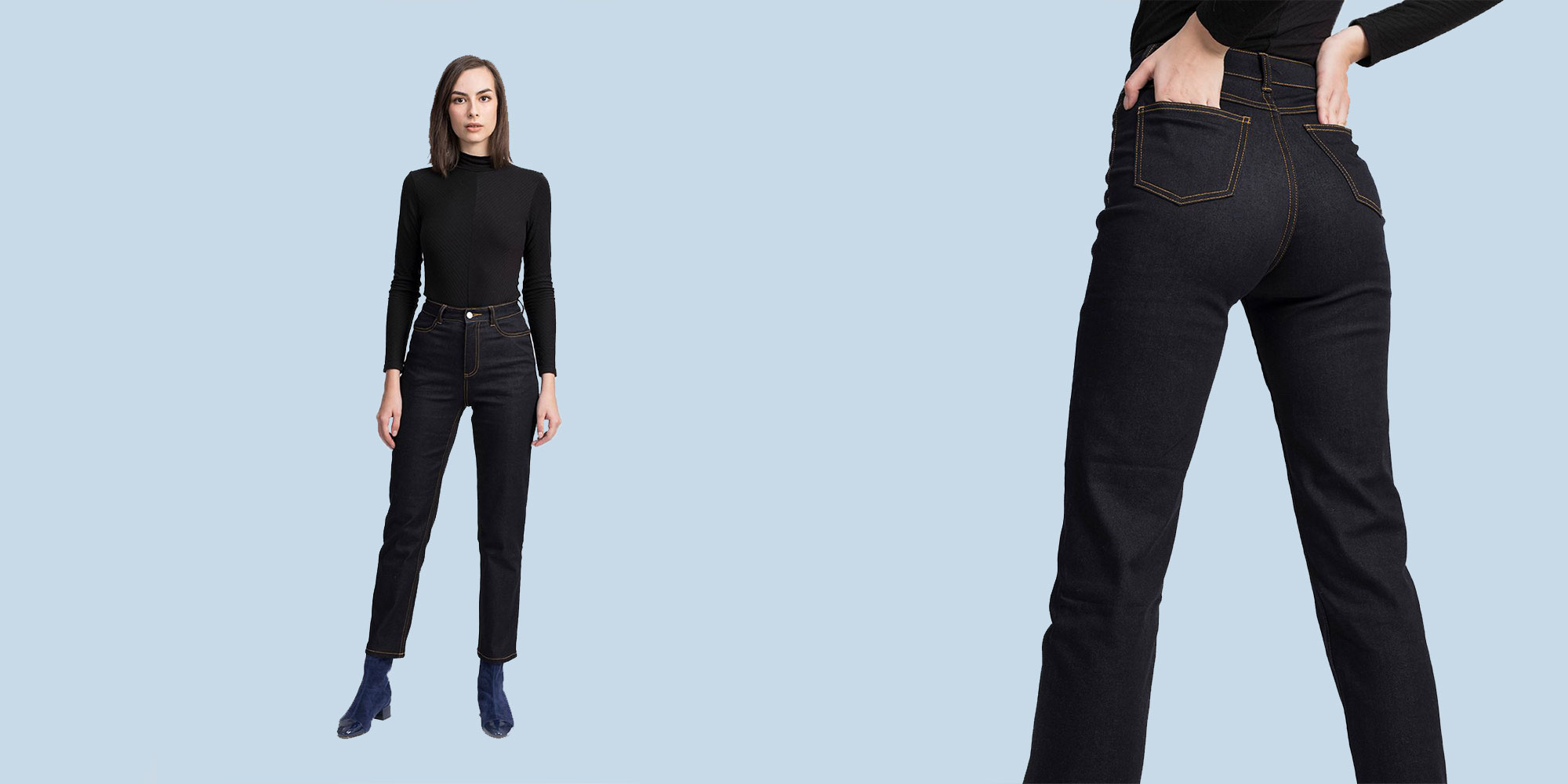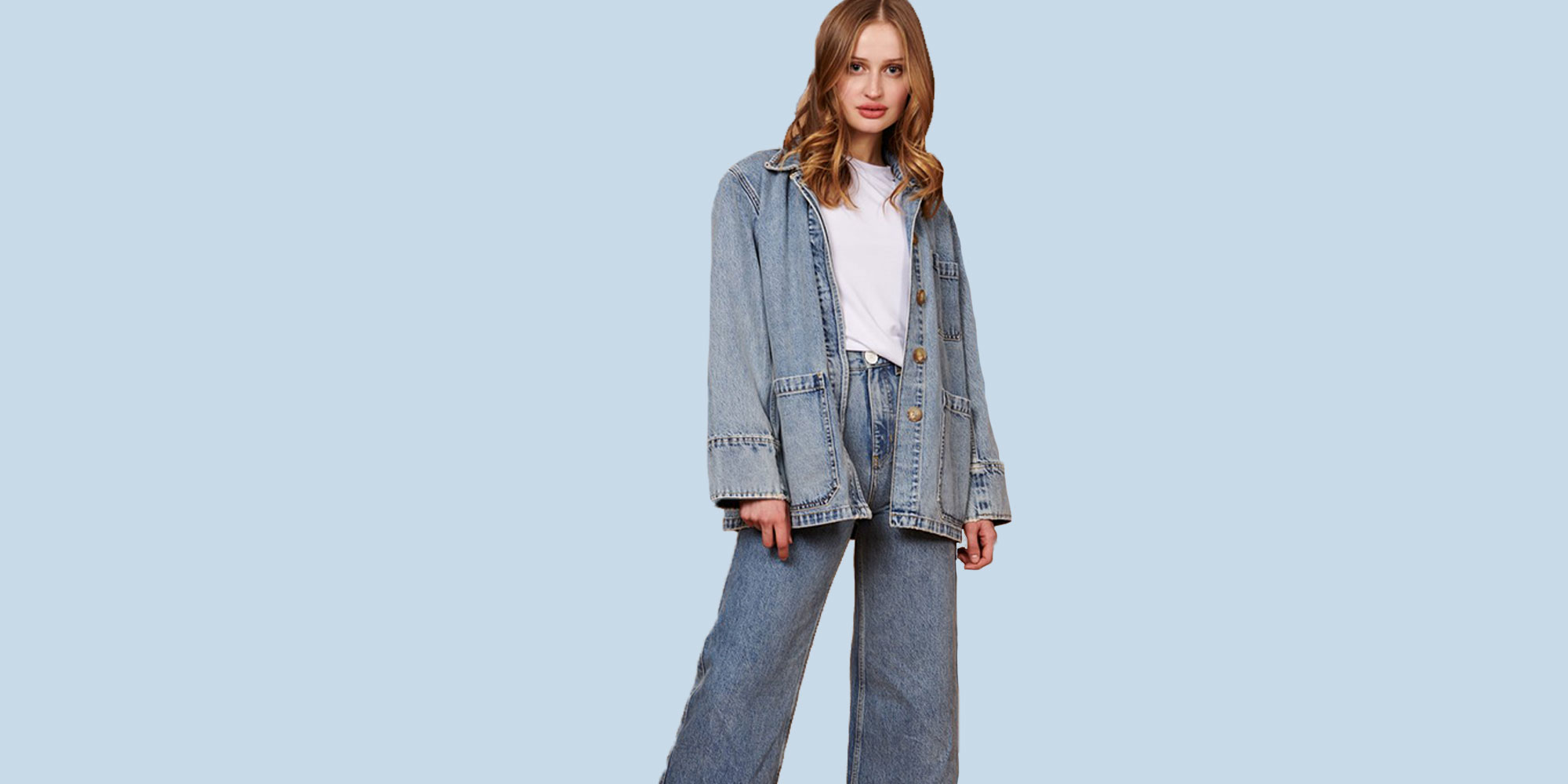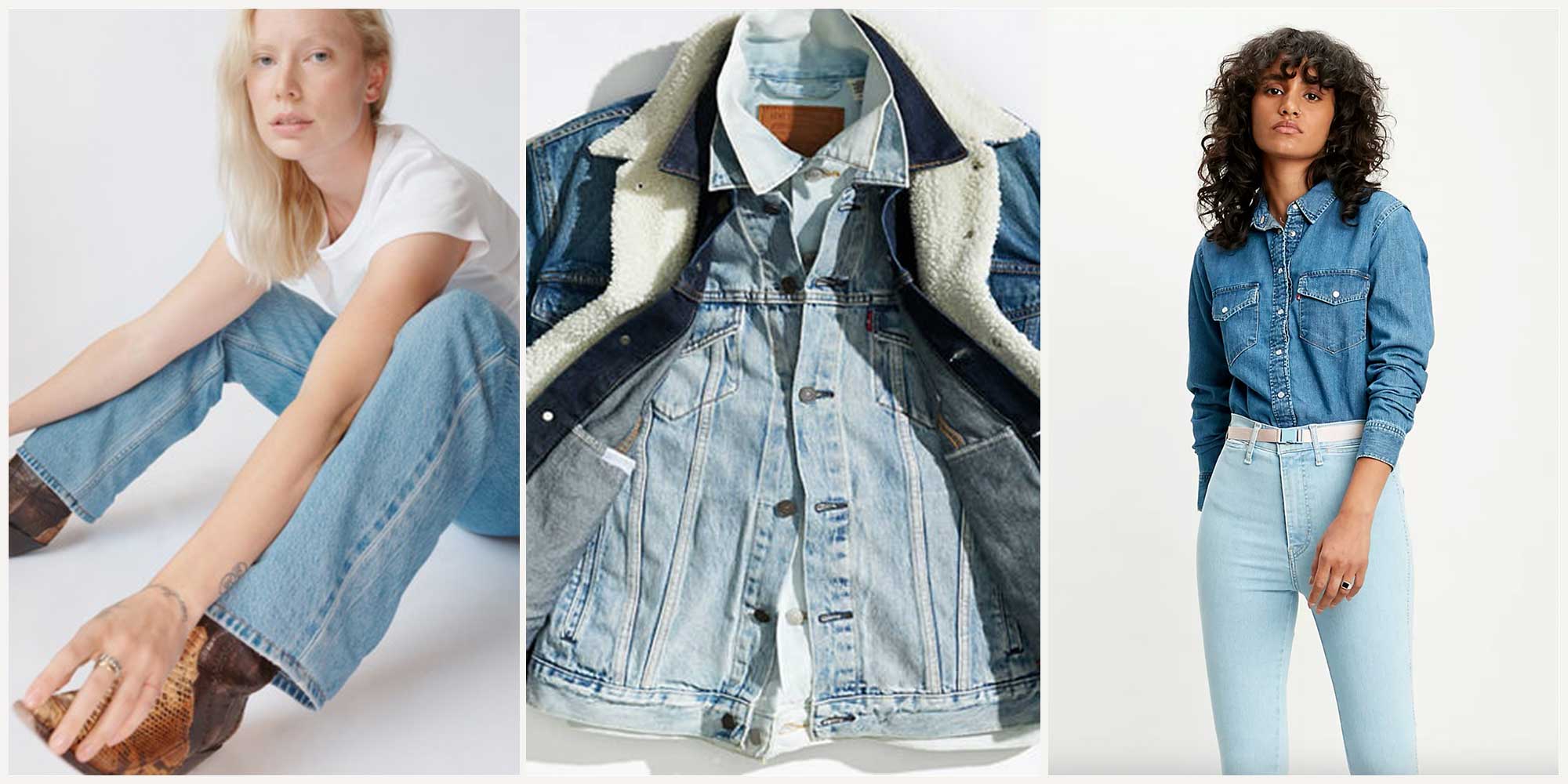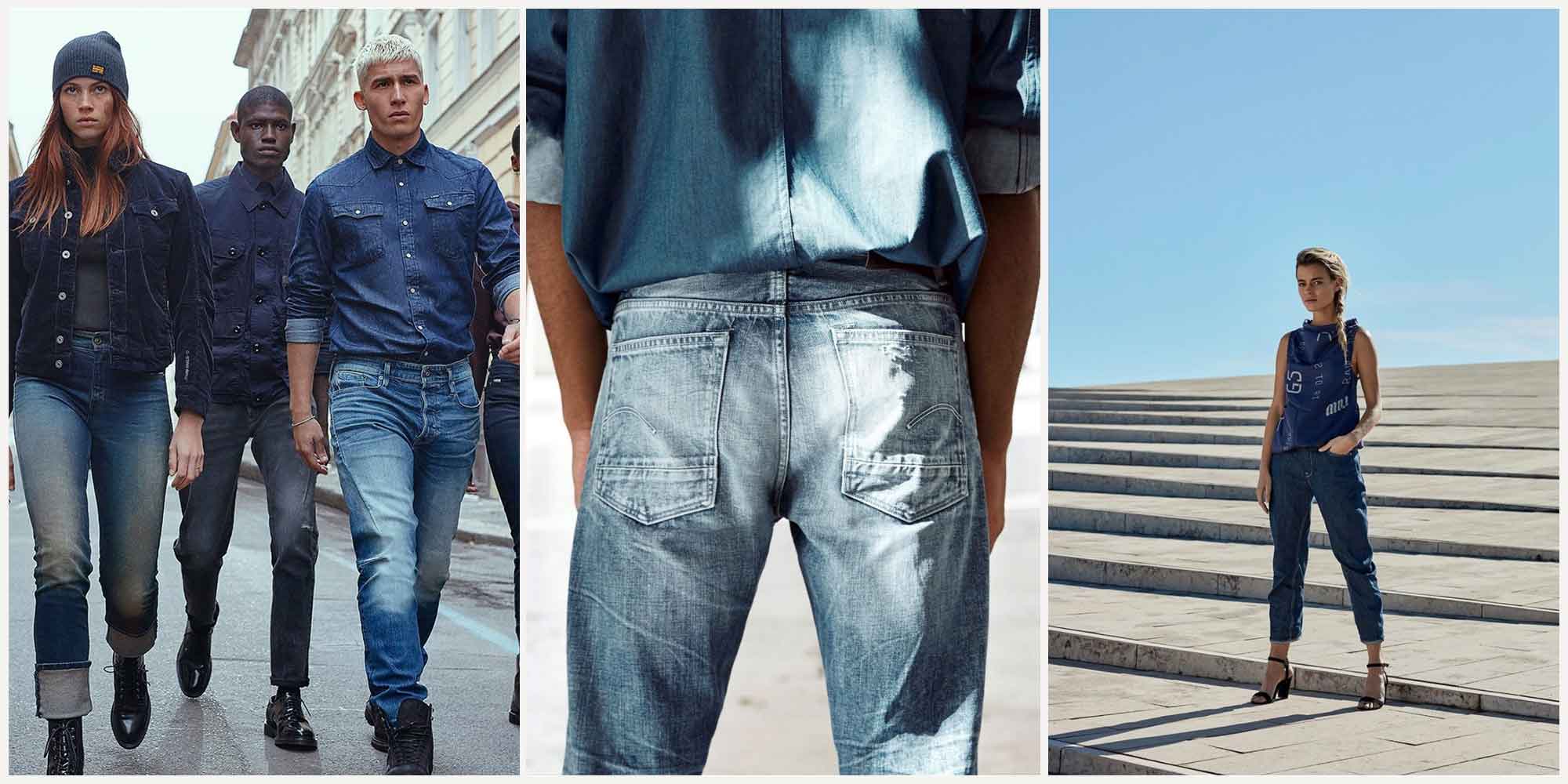Our editors curate highly rated brands that are first assessed by our rigorous ratings system. Buying through our links may earn us a commission—supporting the work we do. Learn more.
Denim is one of the most popular fabrics worldwide, traditionally cotton-based and used in everything from the ubiquitous jeans to stylish jackets and accessories. Unfortunately denim isn’t sustainable by default—but there are better ways to make it, and better brands responsibly incorporating it. Let’s take a look.
The denim blues
From the catwalk to the countryside, ranging in price from $10 to over $500, from pants to skirts to jackets, denim is as versatile as it is hardy and trendy. Traditionally made from cotton, non-stretchable, and designed to be heavy duty owing to its workwear heritage, jeans have a rugged history. But with over 2 billion pairs produced worldwide each year, just how ethical and sustainable is our beloved blue fabric in the modern day? We’ve traced its journey from the field to your favourite pair of high-waisted shorts to find out, and curated a list of brands doing it better.
How denim is made
Conventionally, denim is made from twill weave cotton fabric. Cotton fibres are harvested and spun into yarn, then the yarns are dyed. Jeans are often indigo-dyed, making them the classic blue colour for denim. Cotton denim is then woven either on a shuttle loom or a projectile loom, creating a sturdier or more delicate result respectively.
While the original jean was made from 100% cotton, these days “stretch denim” is increasingly popular. Stretch denim incorporates a percentage of elastane and stretch polyesters like spandex, more suitable for the flexibility desired in skinny jeans, for example. While this addition may be comfier for certain styles, changing the fibre composition in such a way impacts the sustainability and recyclability of the final product.
A move towards better materials
Some more responsible brands are opting for comfort being imparted through the use of soft fibres such as TENCEL™ Lyocell and TENCEL™ Modal (man-made cellulosic fibres). There is also a move towards lower impact materials in the industry in general—BCI cotton, organic cotton, recycled cotton, recycled polyester, man-made cellulosic fibres, recycled elastane, and hemp are good examples. However, it’s worth noting the move towards organic cotton is not straightforward as there is not yet enough organic cotton available globally to meet demand.
The impact of a pair of jeans
To keep it simple, let’s look at the impact of a conventional cotton pair of jeans on the environment and workers.
Water
A study by Levi Strauss & Co found that producing one pair of Levi jeans requires a staggering 3781 litres of water, a number that varies across the industry. Over 10% of the world’s population is currently deprived of access to clean water, a staggering statistic that puts an alarming perspective on our thirsty denim purchases. Unfortunately, it tends to be the driest countries that shoulder the burden of creating the water-intensive goods that we crave. Pakistan, for example, has a large cotton industry but has been in the midst of a water crisis for years.
Today, there is a strong focus on water usage for denim brands. Several have started using tools such as Higg Facility Environment Module or Jeaonologia’s EIM to record water consumption and measure environmental impact in the supply chain.
Chemicals
Water consumption isn’t the only ethical concern with denim. While cotton only takes up 2.5% of agricultural land, it accounts for large quantities of insecticides. These can be highly toxic and create a hazardous working environment for cotton farmers. Between 1 and 3% of agricultural workers worldwide suffer from acute pesticide poisoning with at least 1 million requiring hospitalisation each year. Furthermore, the harsh chemicals can pollute nearby soil and water systems, threatening food supplies and creating health risks.
Dyes
In addition to the pesticides used in cotton production, harmful chemicals may also be used extensively in denim’s dyeing process. Azo dyes, for example, can sometimes release carcinogenic amines. Such chemicals can be harmful to the environment and a risk to worker health and safety.
“Even traditional indigo dyeing is typically water intensive, and requires various chemistries to ‘reduce’ the indigo dye, thereby ensuring it will fix to the yarn,” according to our resident materials expert and ratings analyst, Kate Hobson.
Hobson tells us some moves are being made towards less water intensive dyeing processes, such as foam dyeing (as used by Wrangler). It is also possible to use “spun dyed” cellulosic or synthetic yarns (where colour is added before the fibre is spun, thereby eliminating the need for garment dyeing). Lenzing, the company behind TENCEL™ Lyocell and Modal fibres, offers examples of this.
Look for brands that use certified eco-friendly or natural dyes to avoid funding these toxic processes.
Sandblasting
Ever wondered how your favourite pair of “distressed” jeans got to look so weathered? It’s not because they were hung out for months and exposed to the elements before they hit the shelves. The look is achieved through a controversial technique called sandblasting. As the name suggests, jeans are literally blasted with sand to soften the fabric and wear them down. The process poses significant health risks to workers as the fine dust particles can lodge themselves in people’s lungs. There are other ways to create the distressed look such as stone-washing, sandpapering, brushing, or using lasers. While more costly than sandblasting, these methods achieve similar results.
A significant problem is that many companies don’t have as much control over or knowledge of their supply chain as they should. In March 2015, for example, an undercover Al Jazeera investigation discovered Chinese workers sandblasting jeans for popular labels including Hollister and American Eagle, apparently unbeknown to the brands.
Labour
From its roots in the slave trade to current issues with child and forced labour in Uzbekistan and India, exploitation is woven into the history of cotton production. As we’ve seen above, many steps in the denim manufacturing process pose significant risks to workers’ safety. There are also issues in countries such as West and Central Africa and Brazil where farmers are unable to compete with the cost of US-subsidised cotton.
The verdict?
Denim production can have serious social and environmental consequences. However, this is not the way it has to be. There are denim brands, both big and small, that are committed to people and the planet. If you’re on the market for denim, here are some of the best ways to reduce the footprint of your purchase:
- look for jeans made from better materials like recycled or organic cotton or hemp
- opt for high-quality jeans designed for longevity in both durability and style that you will wear for years to come
- shop sturdy second hand or pre-loved jeans to extend their life
- for the best chance of recyclability at end of life, go for jeans made from 98% cellulosic fibres such as cotton, hemp, viscose, lyocell, modal, or linen
You can discover responsible denim brands in our directory, or simply read on to see some of our favourites.


